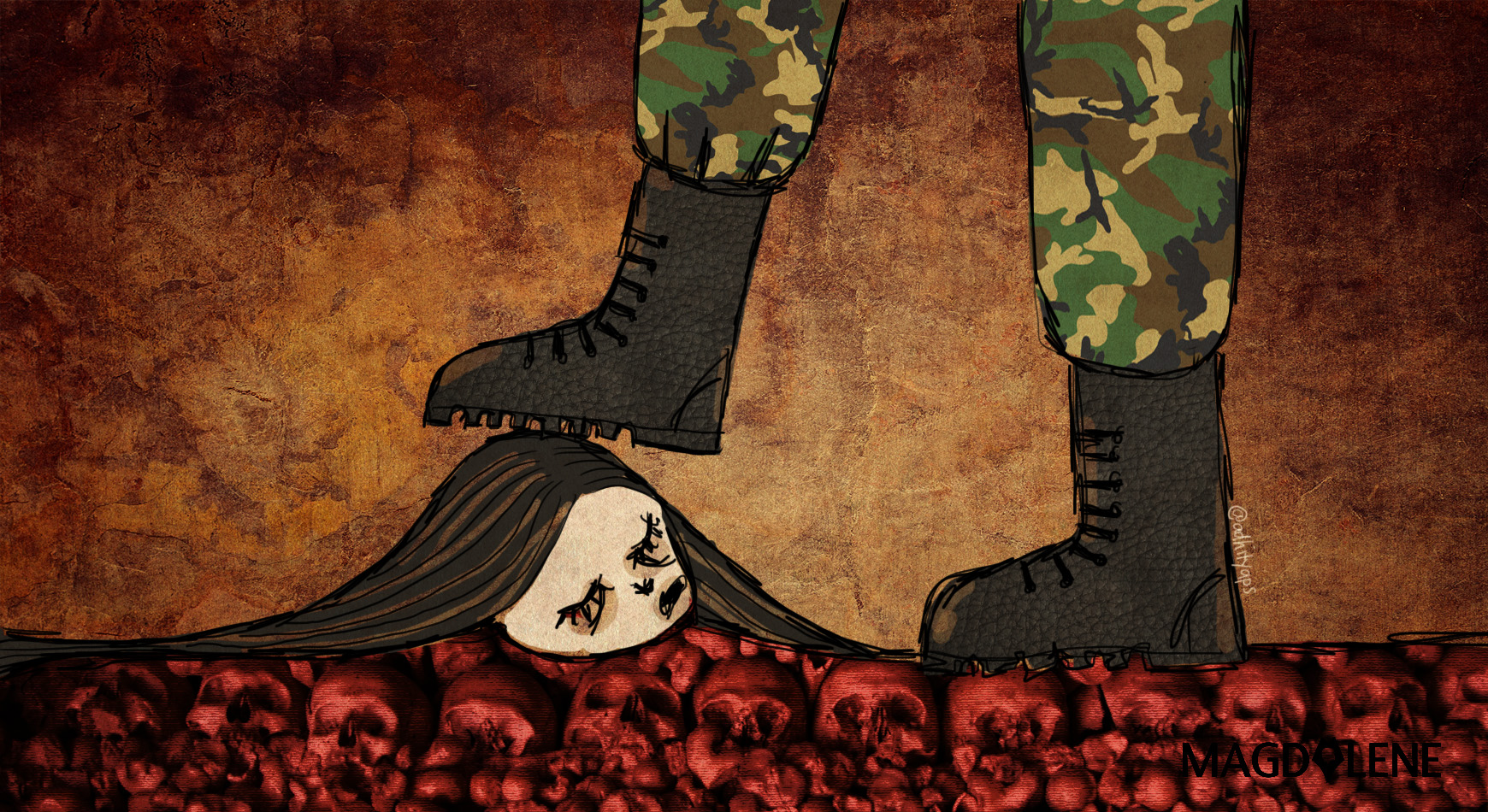Women make up more than half of some 14,0000 refugees in Indonesia, but lack of protection makes them highly exposed to sexual and gender-based violence, according to the United Nations High Commissioner for Refugees (UNHCR).
Many people fleeing their homelands from conflicts or seeking better lives often end up in Indonesia whether intentionally or on their way to seeking asylum somewhere else. However, Indonesia has yet to sign the 1951 Refugee Convention, a UN multilateral treaty that defines the status and rights of refugees and the responsibilities of nations that grant asylum, leaving the refugees vulnerable to abuses, often even perpetrated by security officials.
“Because Indonesia has not signed the Convention, protecting the refugees’ rights has been challenging,” said Dio Vio Alfath, Executive Director of Sandya Institute, a non-profit organization on peacebuilding and human rights advocacy, during a public discussion on women, refugees and sexual violence held by the organization early this week.
One of the major threats women refugees face are having to work for sex to raise funds to cross borders, he said. They are also often harassed and sexually assaulted by officials and members of human trade syndicates, he said. Because their rights are not protected, and they are seen as outsiders, it is very hard for them to seek justice in the countries where they seek refuge in.
“The women are scared to report sexual violence because they know that their rights are very limited, and instead of getting help and justice, they would expose themselves to further abuse,” said Dio.
Women refugees face threats of sexual assault wherever they are, including at detention sites where they are supposed to be protected by police and security officials. The 2017 Human Rights Watch Report cites a case in which law enforcement officials demanded sexual intercourse in exchange for the safety of women refugees.
“There are some cases of incest among the refugees as well, though not so much. And some of these sexual assaults perpetrators are actually children 18 years old. This is harder for us because not only is he a refugee with no clear rights, but he is also still a child,” said Ratih Widiarti of the UNHCR during the discussion.
The country’s stance on this issue reflects most Indonesians’ attitude on refugees. A survey conducted by by Amnesty International Indonesia shows that 72 percent of Indonesians would welcome refugees and give them border protection, but less than one percent is likely to host them in their homes.
As the refugees do not have the right to work in Indonesia, they become financially dependent on handouts. They also have limited access to healthcare, so when they need medical treatment, they become even more vulnerable to abuses. The refugees are also denied education to help empower them.
Ratih said by not opening doors wide enough, the government exposed the refugees to more harms: “The problem is by not giving them their rights, they leave the refugees weak. These women can work. They didn’t come to Indonesia for vacation; they came here to get a better life. By putting them in such hardship, they become more prone to sexual violence.”
With collapsing economies in western countries paired with higher living costs there, the refugees are expected to stay longer in Indonesia. Because they are living among us, the refugees issue is a public issue that should be tackled critically, said Dio.
“Instead of just allowing them to be here, why don’t we let them be a functioning human being that can cope with daily lives and have jobs and invent things for all of us. It’s a win-win solution,” Dio added.
Find out how to report violence to Komnas Perempuan’s new and improved Call Center.
Angesti Citra Asih is an intern reporter at Magdalene and final assignment warrior at Universitas Multimedia Nusantara. Her favorite conversation topics are humanity and pop culture. She loves music, especially contemporary R&B like Teza Semendra and Honne, and enjoys playing ukulele and guitar.







Comments